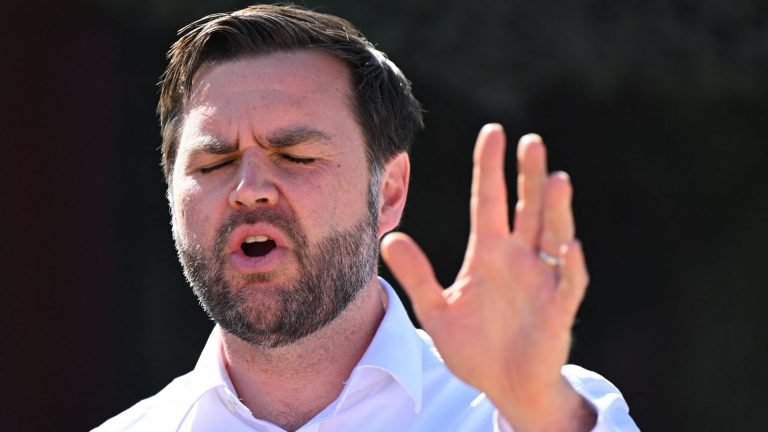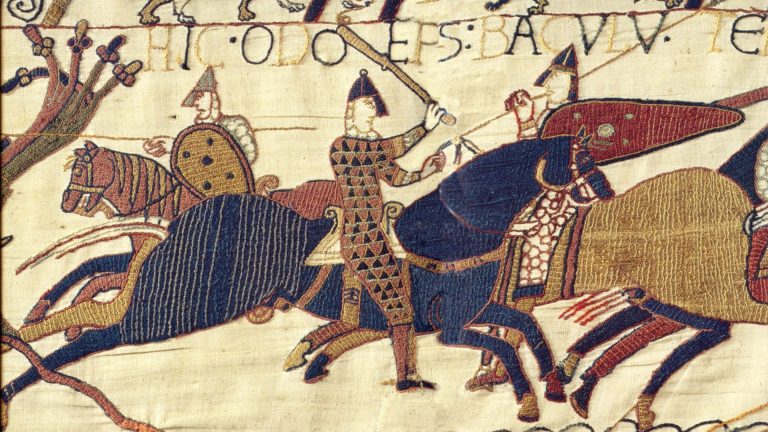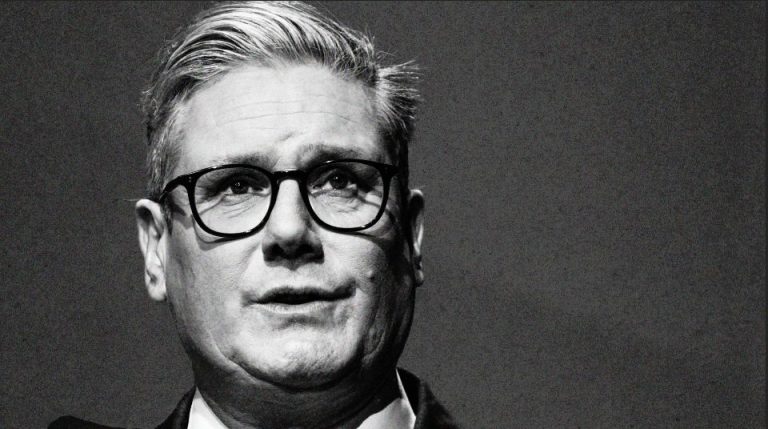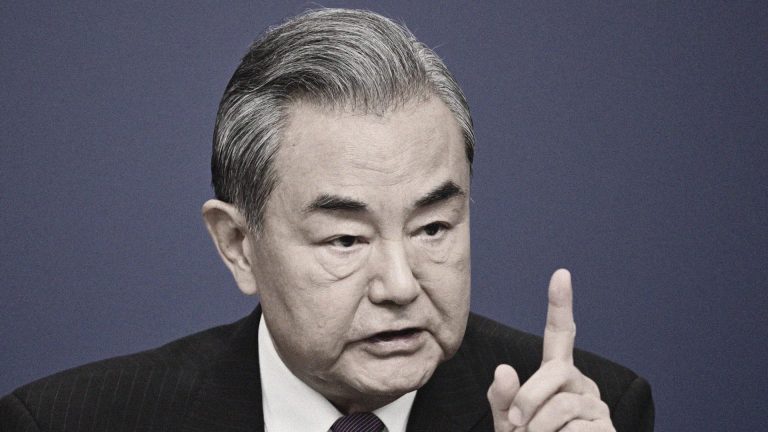The Kurds look like they will not receive much of a dividend for their heroic role in defeating terror, says PAUL KNOTT
In the recent defeat of the forces of Isis in Syria, it is hard to overstate the role played by the Kurdish people.
As the US and its partners attacked the jihadis largely from the air, it was the Kurds who led the fight on the ground and who bore the brunt of the frontline casualties.
The Kurds believed their struggle was enabling them to carve out a long-desired, self-governing territory of their own in northern Syria, which they call Rojava.
Their exploits on the battlefield – detailed in books such as Long Shot, by the British-Kurd soldier, Azad Cudi – generated admiration far from the frontline, as did their idealistic egalitarianism. Volunteers from the Kurdish diaspora and beyond, including a few young Britons such as Anna Campbell – a 26-year-old feminist from Lewes killed while fighting with Kurdish forces in Syria in 2018 – were attracted by the brand of socialism and equal rights espoused by the Rojava version of Kurdish nationalism. Remarkably, particularly for the Middle East, this included women and men fighting alongside each other in the twin battalions of the male YPG and female YPJ, which Campbell served in.
Before the Kurds’ campaign had even fully come to a close, though, it was clear that the hopes and ideals that lay behind it were going to be disappointed.
Having exploited their sacrifices in defeating Isis, Donald Trump abruptly announced the abandonment of America’s Kurdish allies and the departure of US forces from Syria at the end of 2018.
This decision sparked the resignations, in December, of US defence secretary, General James Mattis, and Brett McGurk, the president’s special envoy to the Coalition to Defeat Isis. Far worse, it destroyed the Kurds of Rojava’s hopes of freedom and left them trapped between the hostile forces of the Assad dictatorship and Erdogan’s increasingly authoritarian Turkey. This betrayal was a bitter disappointment for the Kurds. It was also nothing new. They have been let down before.
A territory called Kurdistan was recorded in the Middle East as early as the 1200s. For centuries, the Kurds mostly lived as nomadic traders and herdsmen, moving between the mountains of the area in the summer and the lowlands in the winter. Their status as a separate people with their own language, dress and culture was quickly recognised by the Turks who swept into the region from Central Asia to form the beginnings of the Ottoman empire.
At its peak in the 1500s and 1600s, the Ottoman empire covered a vast area roughly the size of the United States. It stretched across much of the Middle East and into parts of Asia, North Africa and south eastern Europe. Throughout this period, the ruling Ottoman khans and sultans delegated authority to the Kurds to run the regions, known as emirates, in which they formed the majority.
By the early 20th century, some of the huge empires which formed much of the world’s primary political structures were disintegrating, notably the neighbouring Austro-Hungarian and Ottoman empires.
A spirit of freedom and optimistic nationalism swept those territories and ultimately led to the formation of many of the independent countries that exist today.
The Kurds were a part of this wave. They formed a significant element of the opposition to the, by now, corrupt and despotic Ottoman rulers in Istanbul. The last remnants of the empire finally collapsed at the end of the First World War, in which it had been one of the defeated powers. The aftermath appeared to offer the prospect of an independent Kurdish nation. Instead, it turned out to be when the modern story of the betrayal of the Kurds truly began.
In August 1920, the victorious First World War Allied powers gathered in Sèvres, on the outskirts of Paris, to divide up the administration of the former Ottoman territories. At the time, the Kurds appeared to have as good a case as anyone for independence and enjoyed the backing of US president Woodrow Wilson, among others.
As almost every Kurd knows, Article 62 of the Treaty of Sèvres committed the Allies to establishing a Kurdish self-governing territory “in those regions where the Kurdish element is preponderant lying east of the River Euphrates, to the south of a still-to-be established Armenian frontier and to the north of the frontier between Turkey, Syria and Mesopotamia (today’s Iraq)”.
The Treaty went on to state that the Kurdish territory would become fully independent within a year, if a majority of its people wished it to be so.
The Treaty brought both delight and a disappointment to the Kurds. While it promised them independence, it offered less than half of their traditional land, much of which laid to the west of the Euphrates. The promise also excluded the oil-rich region around Mosul (now in northern Iraq), which was given to France to administer.
The debate about whether the glass was half-full or half-empty soon ceased to matter. In the end the Kurds got nothing.
The new Turkish Republic under Kemal Atatürk strongly opposed Kurdish independence and the powers mandated to run most of the rest of the region, Britain and France, were not much interested either.
The Sèvres accord was soon superseded by the 1923 Treaty of Lausanne, which made no mention of the Kurds or Kurdistan. Turkey grew in strength and the French- and British-administered territories eventually evolved into the independent countries of Iraq and Syria.
This created the problem the Kurds have been stuck with ever since. They have frequently been a pawn of the world’s great powers and never a priority for them.
The post-First World War realignment left the Kurds scattered as minorities across four countries: Iran, Iraq, Turkey and Syria. This fragmentation makes establishing a strong and unified Kurdish independence campaign extremely complex. Disunity born of differing circumstances has often bedevilled the Kurds.
Each of the four states in which the Kurds live in significant numbers has invariably treated them as a troublesome nuisance to be suppressed, while simultaneously refusing to grant them their freedom. Not that oppression has stopped the Kurds from trying. If anything, their identity as a distinct people has grown stronger over the past century despite efforts to eradicate it.
Atatürk’s campaign to modernise and secularise Turkey later degenerated into persecution of the Kurds, which persists to the present day. For large parts of its history, Turkey has banned all expressions of Kurdish identity, including the language and any suggestion that a Kurdish people even exists. Until 1991, Ankara officially categorised them as ‘mountain Turks’.
Traditional Kurdish resistance to the Turkish state was overtaken in the 1970s by the more militant, Marxist-influenced Kurdish Workers’ Party (PKK) led by Abdullah Öcalan.
The decades of violence that followed during the de facto war between Turkey and the PKK cost the lives of more than 40,000 people. Öcalan was captured by the Turks in 1999 and remains in jail (having spent the years 1999 to 2009 as the sole prisoner on the island of Imrali). He now claims to have renounced violence. His socialist and feminist philosophies were a powerful influence on the recent Rojava campaign. They are also enjoying something of a renaissance in global leftist circles. The reverence for Öcalan sometimes teeters on becoming a Chairman Mao-style cult of personality.
The Kurds of northern Iraq have been perhaps the most successful in asserting some form of independence. Since the first Iraq War in 1991, they have steadily built up a territory that is largely self-governing.
In keeping with Kurdish history, though, this progress only came after many decades of horrific oppression.
A previous attempt to seek independence during the 1980-88 Iran-Iraq War failed due to internal disputes and a lack of external support. As the world looked away, Saddam Hussein punished the Kurds for their rebellion. His attempted genocide known as Al-Anfal, killed anywhere between 50,000 and 200,000 people, including more than 5,000 in a chemical weapons attack on the village of Halabja. In 2017, the Iraqi Kurds held a referendum on independence and 92% voted in favour. This, though, incurred the wrath of the central government in Baghdad and its close allies in Iran, both of whom strongly oppose any changes to Iraq’s borders.
Tehran fears the precedent this could set for Iran’s own Kurdish population. The Iranian and Iraqi push-back resulted in the Kurds losing control of the strategically important city of Kirkuk and the oil-rich region around it.
It remains to be seen too what fate will now befall the abandoned Kurds of northern Syria. As well as Syria and Turkey, outside powers such as Russia and Saudi Arabia also have a significant role to play.
None of these parties have the Kurds’ best interests at heart.
The Saudis are seeking to use them as a tool against their own enemies – Assad and his Iranian backers. Having lost US support, the Rojavan Kurds’ leaders are now being reduced to the grim but least-worst option of negotiating an accommodation with Damascus and Moscow.
They hope this will at least offer them some semblance of protection against the renewed onslaught threatened by Turkey. Erdogan sees Rojava as a potential safe haven for Turkey’s own Kurdish resistance groups and is not prepared to tolerate its existence just across the Syrian border.
Numbering an estimated 28 million people, the Kurds remain arguably the world’s largest nation without a country of their own. Despite all of their setbacks, they have endured. Keeping their culture alive and continuing to pursue greater autonomy within the existing states of Turkey and the Middle East is perhaps the most the Kurds can do for now. Their struggle for freedom in a unified Kurdistan will go on for many years yet.








